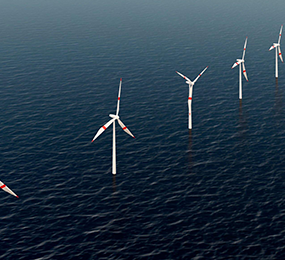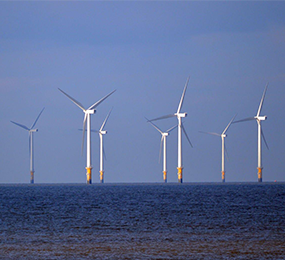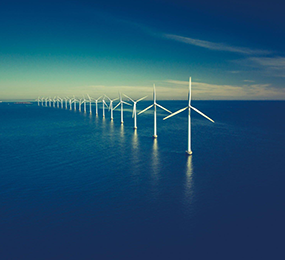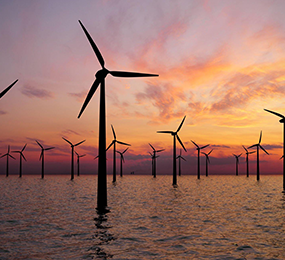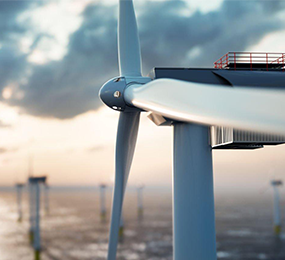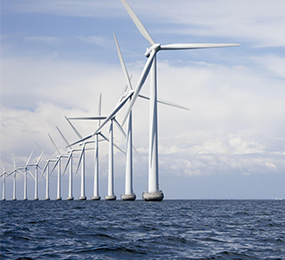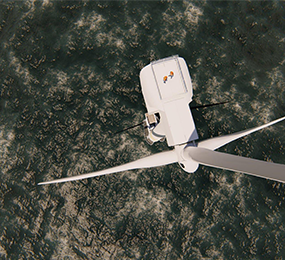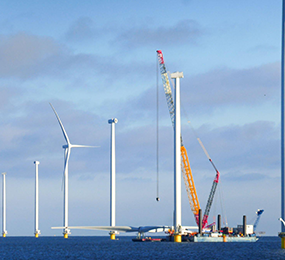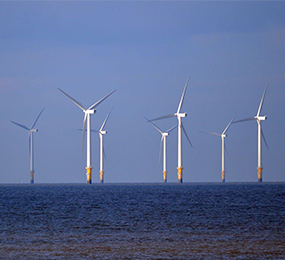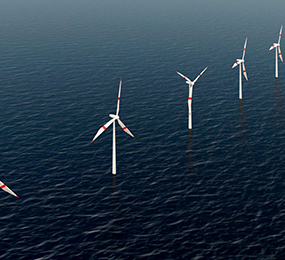Floating offshore wind energy offers a promising path towards a sustainable future, but its environmental impact extends beyond its operational phase. Decommissioning, the process of dismantling and removing a wind farm at the end of its operational life, is a critical aspect of ensuring the long-term sustainability of this technology.
The Decommissioning Challenge:
Decommissioning floating wind farms presents unique challenges. These include:
- Complexity of Removal: Disassembling large structures in the harsh marine environment requires specialized equipment and skilled personnel.
- Environmental Considerations: Minimizing environmental impact is paramount. Decommissioning activities must avoid disturbing marine life, damaging sensitive habitats, and polluting the ocean.
- Logistics and Waste Management: Efficiently transporting and managing large volumes of materials, including turbines, platforms, and mooring lines, requires careful planning and logistics.
- Technological Advancements: Developing innovative technologies for dismantling, recycling, and reusing materials is crucial for minimizing environmental impact and reducing costs.
Key Considerations for Successful Decommissioning:
- Planning Ahead: Decommissioning plans should be integrated into the project development phase, ensuring adequate financial provisions and considering potential environmental impacts.
- Recycling and Reuse: Maximizing the recycling and reuse of materials is essential for a circular economy approach. This includes recycling metals, plastics, and other components.
- Innovation in Decommissioning Technologies: Research and development are crucial for developing more efficient and environmentally friendly decommissioning techniques, such as underwater cutting and robotic systems.
- Regulatory Framework: Clear and comprehensive regulations are necessary to guide decommissioning activities, ensure environmental protection, and promote responsible practices.
A Sustainable Future:
Decommissioning is an integral part of the lifecycle of any offshore wind farm. By prioritizing sustainability, embracing innovation, and implementing robust planning and management strategies, the industry can ensure that decommissioning activities minimize environmental impact and contribute to a circular economy for floating wind energy.
Looking ahead, the development of innovative technologies, such as reusable platforms and modular designs, can further enhance the sustainability of floating wind farms and simplify the decommissioning process. By addressing the challenges of decommissioning proactively, the floating offshore wind industry can continue to play a vital role in the transition to a clean and sustainable energy future.
To register or learn more about the Forum please check here: https://www.leadventgrp.com/events/5th-annual-floating-wind-europe/details
For more information and group participation, contact us: [email protected]


